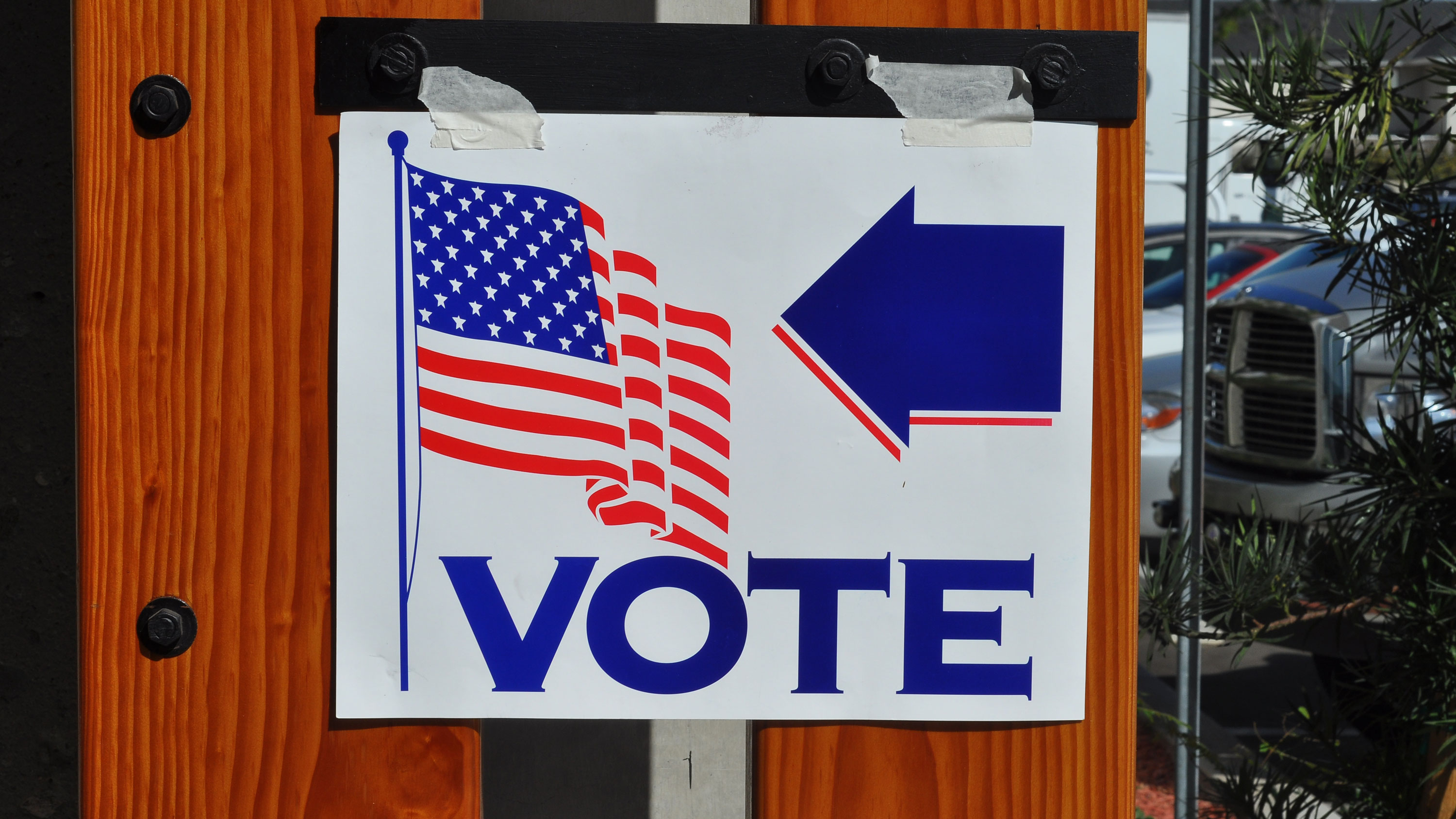President Trump last week resurrected a big lie from the campaign trail, claiming that he lost the popular vote because as many as 5 million people voted illegally – all for his opponent.
He offered no evidence. There is none. In fact, studies show conclusively that voter fraud is exceedingly rare.
At best, Trump’s search for phantom voter fraud is a distraction from the very real voter suppression efforts carried out systematically by his own party – and from the recent, high-profile federal court decisions striking down those laws.
At worst, it’s a precursor to a renewed push to suppress voting.
The latest spree of voter suppression laws was spurred by the U.S. Supreme Court’s 2012 ruling in Shelby County v. Holder that gutted the 1965 Voting Rights Act. The ruling freed certain states and jurisdictions from a requirement that states clear new voting measures with the U.S. Justice Department to ensure they don’t violate the civil rights of potential voters.
During the last presidential election, 15 states had new restrictions in place.
In recent months, however, federal courts have ruled against a number of state voting laws. In some cases, the courts have revealed the laws as part of an electoral strategy by Republicans who aim to decrease minority turnout in elections.
Here’s a brief look at some of the most notable court rulings:
North Carolina
Voting rights activists and experts called North Carolina’s 2013 law one of the worst. It created a voter ID requirement, restricted early voting and altered the registration process.
There was no evidence of widespread voter fraud in the state. While preparing the law, Republican lawmakers looked squarely at race, seeking state data on the voting tendencies of black voters.
In July 2016, a panel of three judges for the U.S. Court of Appeals for the Fourth Circuit unanimously found that the changes targeted black voters and were meant to hurt the Democratic Party. Judge Diana Gribbon Motz wrote that the measures in the law “target African-Americans with almost surgical precision” and “impose cures for problems that did not exist.”
Kansas
Kansas Secretary of State Kris Kobach, who has long served as legal counsel for the extremist Federation for American Immigration Reform, lost a battle in his voter suppression crusade in September 2016 when the 10th Circuit Court of Appeals invalidated his requirement that voters present proof of citizenship in order to vote. Kobach’s anti-immigrant initiative nearly cost 20,000 Kansans the chance to vote in November, according to The Associated Press.
Though his policy fell in court, Kobach has told reporters that he is advising Trump on voting matters and has encouraged the president to investigate alleged voter fraud.
Michigan
In July 2016, a federal judge in Michigan invalidated the state’s ban on straight-party voting. The law’s backers contended it would encourage voters to become more “engaged” in the voting process.
“[T]here is nothing in the record to suggest that changing the ballot form will encourage voters to become political science scholars before voting,” U.S. District Judge Gershwin A. Drain wrote, adding that the law was “‘disengaged’ from its own justifications” and would have an unconstitutionally “larger impact on African-American voters.”
North Dakota
In 2013, North Dakota eliminated the option of taking an oath to affirm one’s identity and required that voter identification show a voter’s current address. In effect, the barriers to voting were raised for Native Americans as most tribal ID cards do not list an address and there are no driver’s license offices on reservations.
U.S. District Judge Daniel L. Hovland issued a preliminary injunction against the voter ID law in August 2016, writing that the record was “replete with concrete evidence of significant burdens imposed on Native American voters attempting to exercise their right to vote.”
Pennsylvania
A Pennsylvania law requiring voters to produce a state-approved ID before casting a ballot was struck down in 2014. A state judge found that it disenfranchised hundreds of thousands of people and placed an unreasonable burden on elderly, disabled and low-income voters.
“Voting laws are designed to assure a free and fair election; the Voter ID Law does not further this goal,” wrote Commonwealth Judge Bernard L. McGinley.
Texas
In 2011, Texas enacted a law requiring voters to present photo identification at the polls. Though the law was originally blocked under Section 5 of the Voting Rights Act, it was reinstated following the Supreme Court’s ruling in Shelby County v. Holder.
In 2014, U.S. District Judge Nelva Gonzalez Ramos struck down Texas’ ID law, ruling that it was “imposed with an unconstitutional and discriminatory purpose” and intentionally targeted African-American and Hispanic voters.
Last month, the U.S. Supreme Court declined to hear an appeal in the case, letting stand a July 2016 Circuit Court ruling that affirmed the lower court.
Wisconsin
In July 2016, U.S. District Judge James D. Peterson struck down restrictions on early voting and ordered the state to reform its system for issuing photo IDs, insisting that Wisconsin’s “experience demonstrates that a preoccupation with mostly phantom election fraud leads to real incidents of disenfranchisement, which undermine rather than enhance confidence in elections, particularly in minority communities.”
The state agreed to “promptly issue a credential valid as a voting ID to any person” who applied for one, but it failed to adequately retrain DMV workers, preventing an untold number of people from securing a voter ID. Despite the original reform efforts, Wisconsin’s voter turnout was at its lowest level in two decades in 2016.



